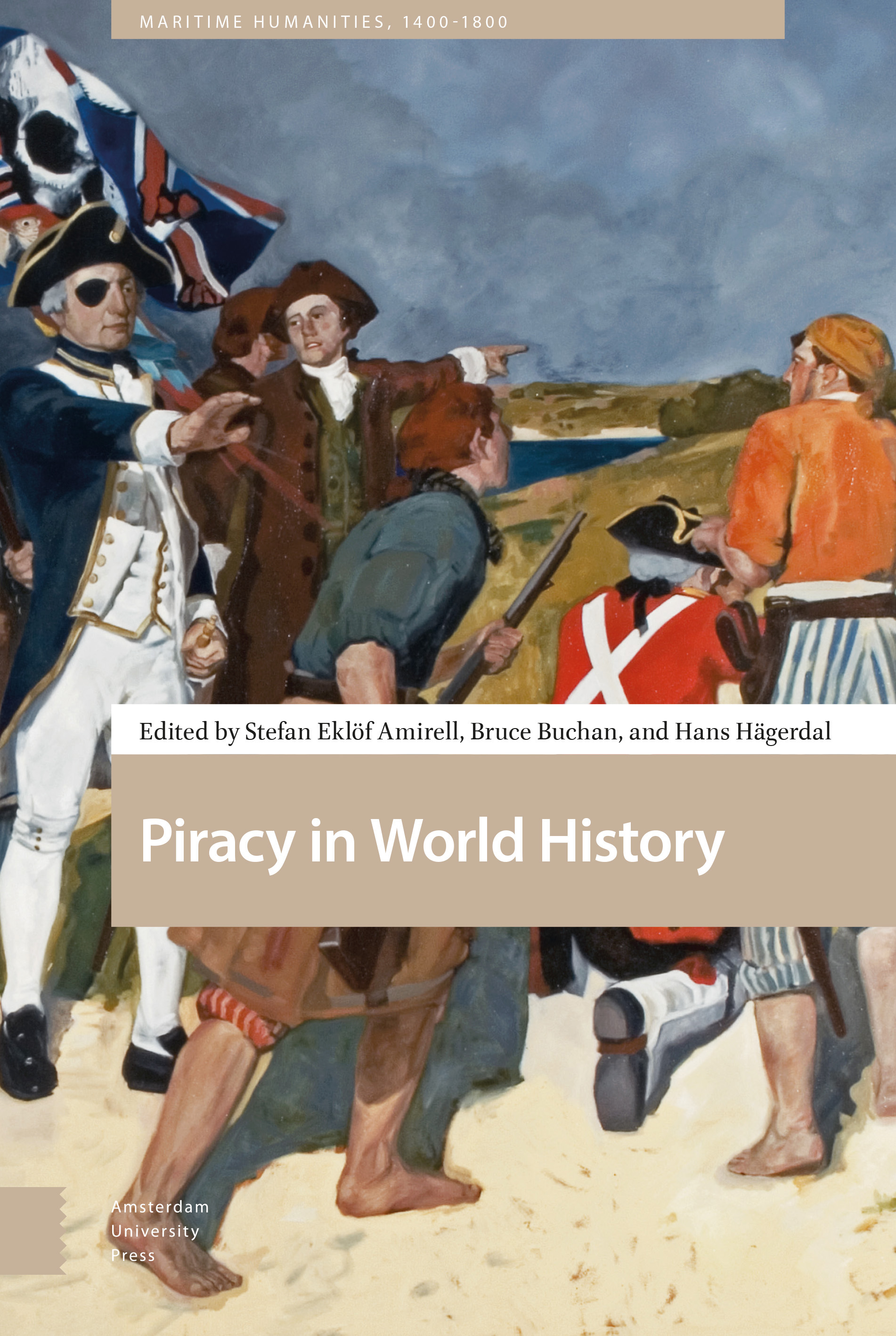3 results in Maritime Humanities, 1400?1800

Exploration, Religion and Empire in the Sixteenth-Century Ibero-Atlantic World
- A New Perspective on the History of Modern Science
-
- Published by:
- Amsterdam University Press
- Published online:
- 20 January 2022
- Print publication:
- 21 December 2021

Piracy in World History
-
- Published by:
- Amsterdam University Press
- Published online:
- 16 December 2021
- Print publication:
- 01 November 2021

Shipwreck Hauntography
- Underwater Ruins and the Uncanny
-
- Published by:
- Amsterdam University Press
- Published online:
- 16 July 2022
- Print publication:
- 16 September 2021



